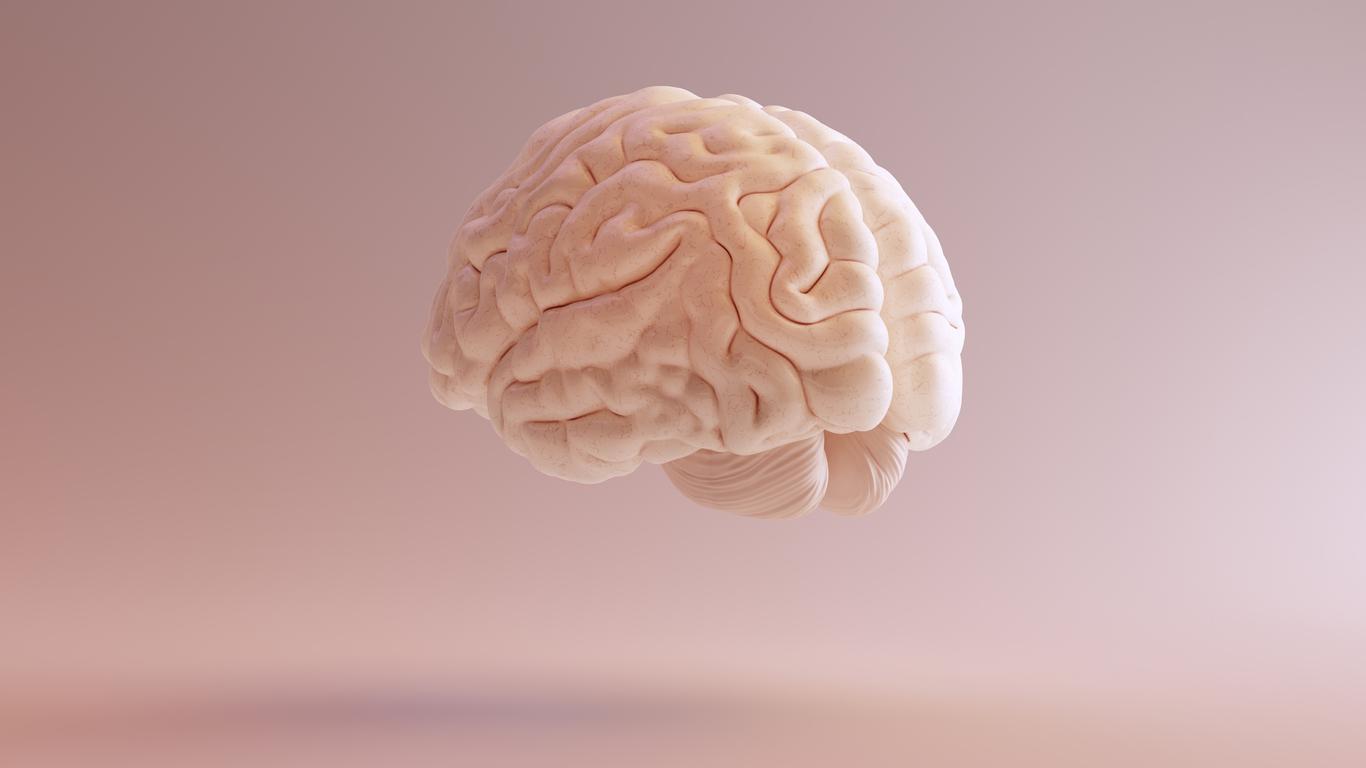
Treatment of Post Traumatic Stress Disorder
A shocking event can have a major impact on you. Some people suffer from all kinds of physical or mental complaints: a post-traumatic stress disorder. Nightmares, anxiety attacks, crying fits. What can you do about it?
Post-traumatic stress disorder (PTSD) often develops at a younger age. The disorder often has a chronic course. In more than half of the people PTSD lasts longer than a year, in a third of the cases even longer than 5 years. Of those with PTSD who seek help, half have recovered after about three years. Without help, half have recovered after more than five years.
Do it yourself
You can do a lot yourself to try to reduce your complaints. The first step is admitting and accepting that something is wrong. Take your feelings and complaints seriously. For example, start by keeping a diary. Writing can be a way to put into words what is on your mind. What are you afraid of? And then what do you do?
To talk
It is also important to share your problems with someone. Talking air! Thinking aloud makes you aware of the complaints and the listener can support you in this. Do this especially with people you trust. Sometimes problems are easier to discuss with someone you know less well. There are also telephone emergency services.
Information
For some people, information ensures that they gain insight into their problems or complaints. For example, it may help to know that the anxiety or panic will subside after 60 to 90 minutes. There are many leaflets, brochures, books, DVDs and internet sites about psychiatric illnesses. Many mental health institutions organize information meetings, courses and training.
However, if the complaints do not go away, or if you notice that you cannot function properly, it is wise to seek help.
Therapy
PTSD is treated in groups or individually. A group can provide support. Conversations with each other and a counseling psychologist can sometimes help you a step further. Whether group therapy can help you depends on the type of intense experiences. Not everyone is suitable for treatment in a group.
Safe
During the treatment, the event, and the associated emotions, pain and sadness, must be given a place. Talking about it a lot in a safe environment makes the problem more ‘common’. That is important: you must regain the feeling of security and control over your own body and life. Hypnosis and writing therapy can be used in the therapy.
EMDR
Another way is EMDR (eye-movement desensitization and reprocessing) treatment. While you are thinking about the violent event from the past, you are distracted with sounds or a certain (pendulum) movement. This way you can more easily process the intense experience.
Antidepressants
Medicines can support the therapy, they make the processing process more bearable. Antidepressants are the most commonly used drugs: they reduce the feeling of distress. Any additional depression can also be combated with this. However, drugs cannot replace therapy.
Sometimes a doctor will also prescribe sedative drugs in the beginning to reduce the anxiety and insomnia.
Tips:
- Give yourself plenty of time and rest.
- Slowly try to get through what exactly happened.
- Talk about what happened to you.
- Seek support.
- Talk to others about their lives too. That distracts and helps put things into perspective.
- Keep a normal daily routine and pick up your daily routine little by little.
- Find distractions, do relaxation exercises or exercise.
















